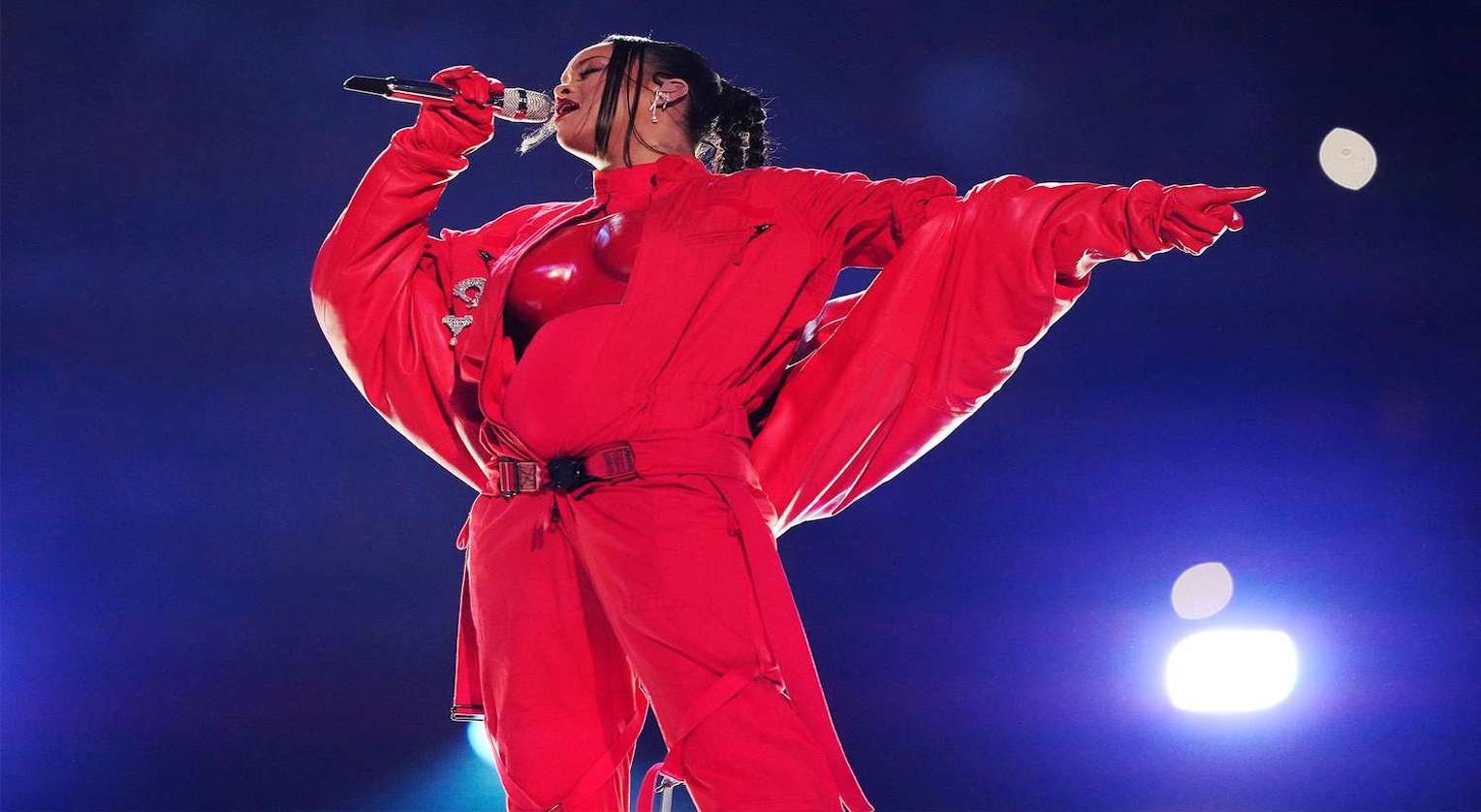In September, Disney released a sneak peek of their live-action rendition of The Little Mermaid, starring actress and singer Halle Bailey. The 90-second promotion showed a visually and musically promising project, yet there was mass controversy over Disney’s choice to have Bailey, a Black woman, play an originally white character. Many who were outraged claimed that Bailey did not fit the classic “image” of Ariel, others even going as far as to say that a mermaid can’t have significant melanin in their skin because light does not reach the depths of the ocean. In their minds, the existence of mermaids and singing crabs is plausible, but not mermaids of different skin tones… I digress. The anger over the casting of Bailey has been illogical and unjustified, but this discourse does raise an important question: why is diversity in entertainment not just important, but crucial?
After it was announced that Bailey was to play Ariel, viral videos of young Black girls were posted to TikTok, expressing their joy and excitement for a new film with a princess that looked like them. This kind of representation is important for historically marginalized groups because it creates role models for children. When children are exposed to characters that look like them, they are motivated to be like that character. Having a princess that teaches positive values of curiosity and strength, such as Ariel, influences young Black girls to strive for these traits as well. In addition, it opens doors and sets the standard so that future castings will include underrepresented groups.
Representation in the entertainment industry must break stereotypes by allowing actors of different ethnicities to play many different roles. If stereotypes are commonly upheld in media, even if they are positive, they will draw social boxes and create unconscious harmful perspectives in viewers. Lauren Washington discusses this phenomenon, “stereotypical depictions create unconscious bias in viewers which can directly impact an individual’s thoughts and behaviors towards others. It is especially dangerous when bias is institutionalized, perpetuating the issues of discrimination and hate crimes, police brutality, mass incarceration of disadvantaged communities, and others” (Race to a Cure, 2021). The media we consume affects how we perceive ourselves and others, therefore when it comes to movies or television directed toward children, it is key that representation is prioritized over sticking with tradition.
Adding characters of diverse backgrounds, or even reimagining characters to represent minority groups, is a necessary and progressive step in leveling the playing field for all ethnicities, not only in the entertainment industry, but in society as a whole.


